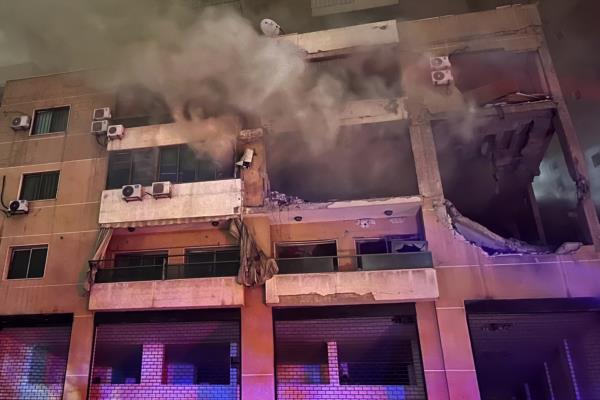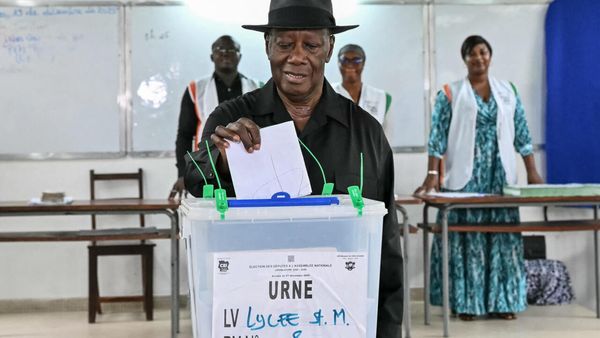
In an unexpected turn of events, Hamas announced that its deputy leader, Salah al-Arouhri, was killed in a targeted Israeli airstrike in the Lebanese suburb of Daya. The strike took place earlier today, and reports state that a car was the intended target. Daya happens to be a Hezbollah stronghold, adding another layer to the complexity of this incident.
Al-Arouhri held a prominent role within Hamas, serving as the deputy to leader Ismail Khania. He was instrumental in the formation of Hamas's military wing, the al-Qassam Brigades, and was specifically responsible for overseeing operations in the West Bank. However, what sets Al-Arouhri apart is his close ties with Hezbollah and the Iranian regime.
Back in October, al-Arouhri had a secretive meeting with Hezbollah leader Hassan Nasrallah in Perth. In addition, he has made prior visits to Iran, where he met with Iran's supreme leader and the head of the IRGC. These connections highlight the significant influence and reach that al-Arouhri had within the region.



Israeli Prime Minister Benjamin Netanyahu had previously issued a direct threat to al-Aroukhri, vowing to target him as part of Israel's response to the ongoing attacks. Netanyahu's statement was made against a backdrop of perceived threats posed by Hamas and the wider network of actors tied to the organization.
It is worth noting that the U.S. State Department had placed a $5 million bounty on al-Arouhri's head, underscoring his importance as a top target. As news of his death spreads, it serves as a stark reminder of the high stakes involved in the ongoing conflict.
The Israeli Defense Forces (IDF) have also recently announced plans to withdraw some of their forces from the Gaza Strip over the coming weeks. Prime Minister Netanyahu claims that this strategic move is part of a larger plan, signaling a new phase of the war in Gaza. He emphasized that Israeli military operations will continue for at least the next six months.
As tensions remain high in the region, the repercussions of al-Arouhri's killing are yet to be fully understood. With Hezbollah and Iran's involvement in the picture, it raises questions about potential retaliatory actions and the future trajectory of the conflict.
As more information develops, our news team will continue to provide updates on this significant event and its ripple effects on the ongoing Israeli-Palestinian conflict.







